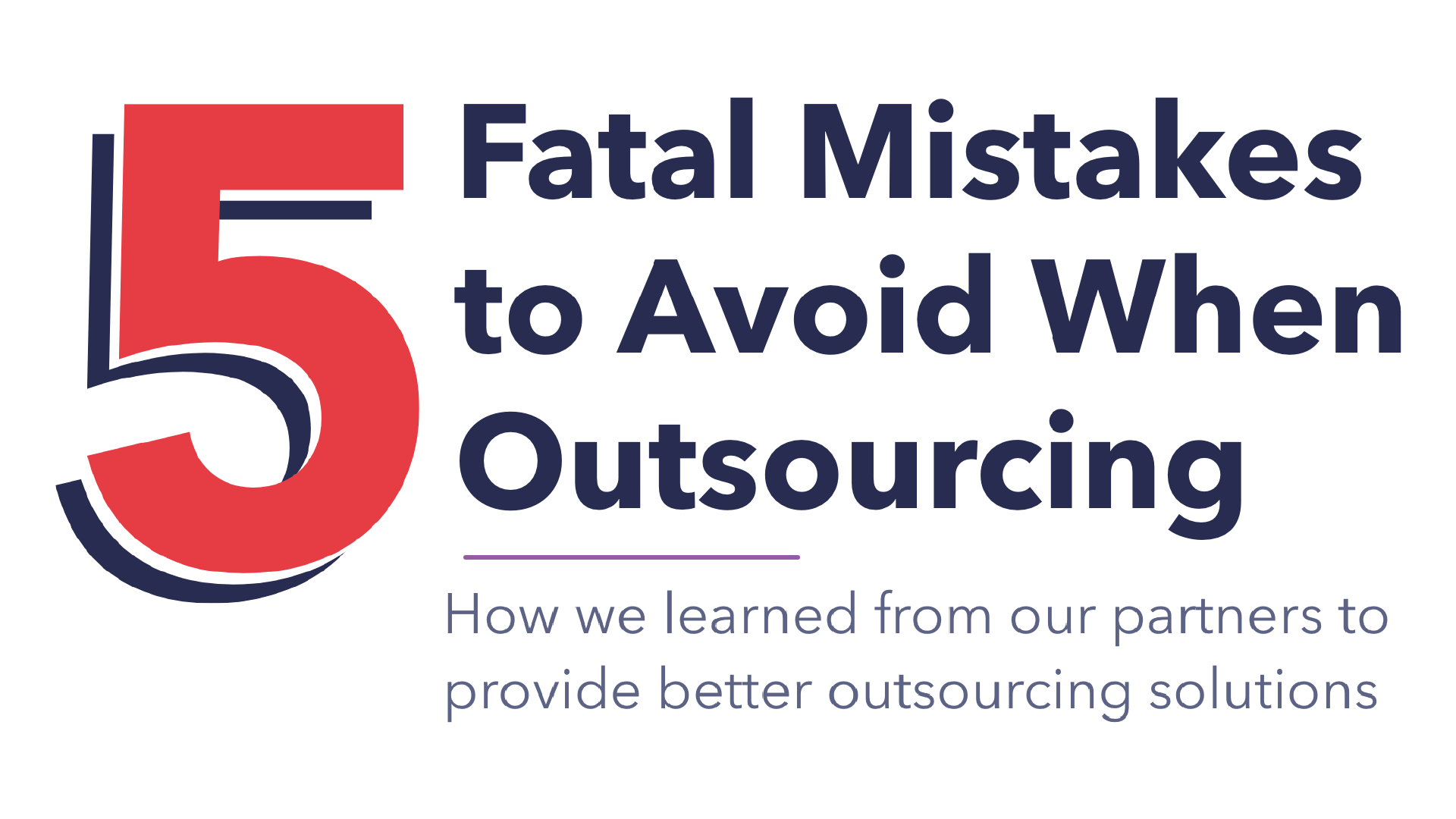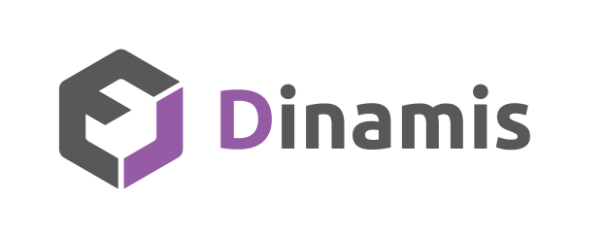Automation and Process; The Future of Accounting
Is Automation the Future of Accounting?
One phrase in business that shows stagnation is “…but we’ve always done it that way.” Fortunately, or unfortunately for some, the changes in technology and communications have forced businesses either to innovate or die.
One area of innovation is accounting automation. Adding automation to your accounting practice provides growth, increased efficiency, and makes your firm more effective. The pivot to automation is necessary and not as daunting as one may think.
Automating your firm can be broken down into three areas; your people, your tools, and your processes.
Each one builds off of and sets expectations for the other areas.

Automate Your People
Finding the right people to fill these roles becomes challenging, especially in a tight talent market. How do you know the right people when you see them?
Rick Richardson, an accounting futurist, says to look for inquisitive minds that are data-focused. The CPA’s of the future will ask questions like: “Who owns it? How do you get it? How good is it? Where is it kept? How secure is it? How do we analyze it? How can we take that analysis and turn it into intelligence that provides us with better business decisions?”
Automate Your Tools

Early adoption is a necessity as we approach a technological tipping point. At that tipping point, those well-prepared firms become better off in the long run.

Automate Your Processes
You will also come to the realization that “what got you here, might not get you there.” In other words, change is a necessity to capitalize on new technology. If you are looking to create better margins, you have to be open to new challenges.
Automation can be done more easily and more efficiently once you know what you are doing and why you are doing it.

Other Articles You Might Be Interested In:

How to Manage Your Outsourced Accounting Team
With businesses moving to a remote environment, there is a common question about how you manage an outsourced accounting team. How do you make sure their work aligns with your objectives? How do you form a healthy work-relationship with remote accountants? How do you...
read more
5 Business Tasks You Could be Outsourcing
Too many business owners think they don't need help with their tasks. They think that getting more hands involved means way more expenses for the company. Little do they know, outsourcing could actually help their business grow. (And save them money!) Repetitive or...
read more